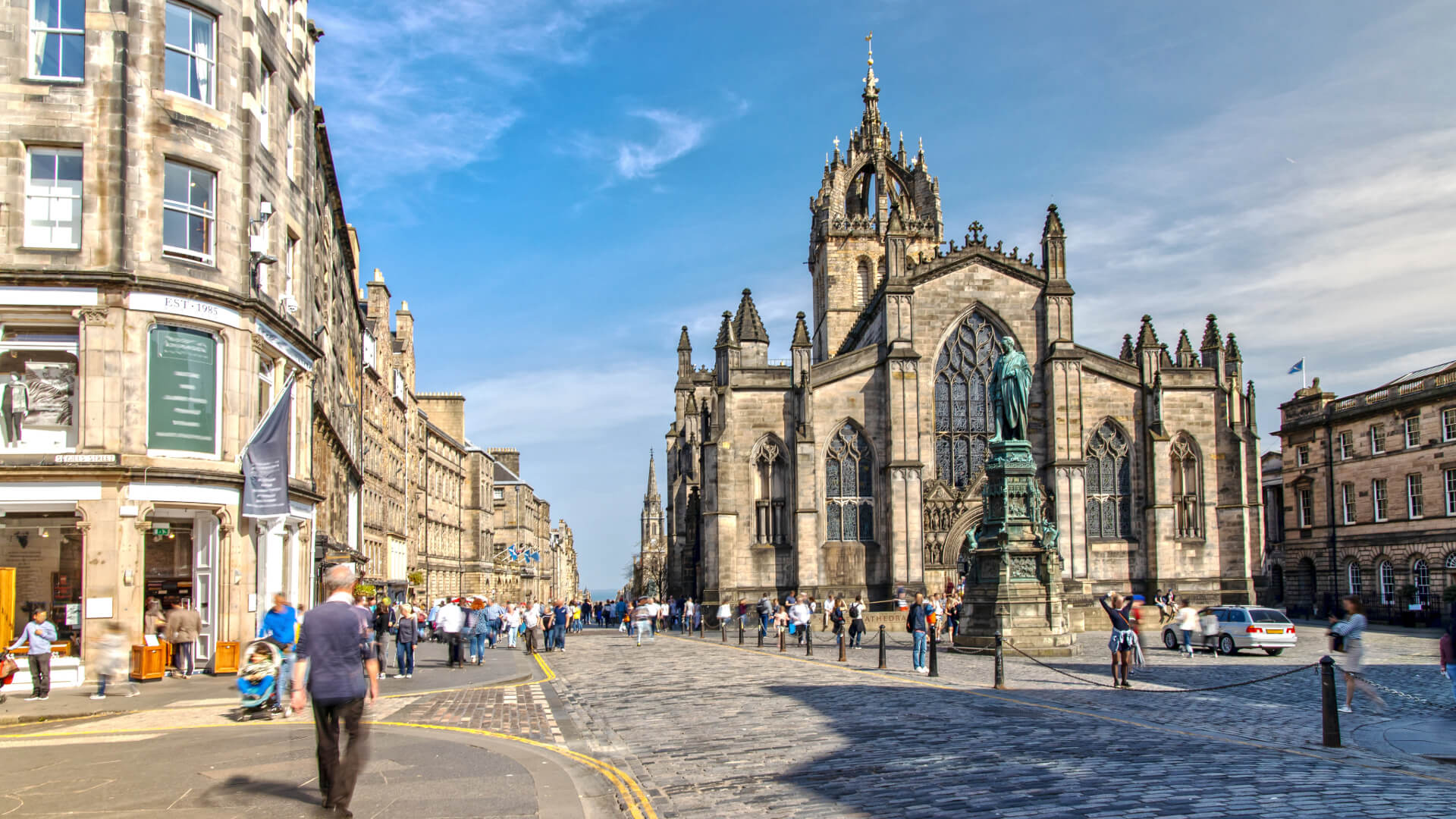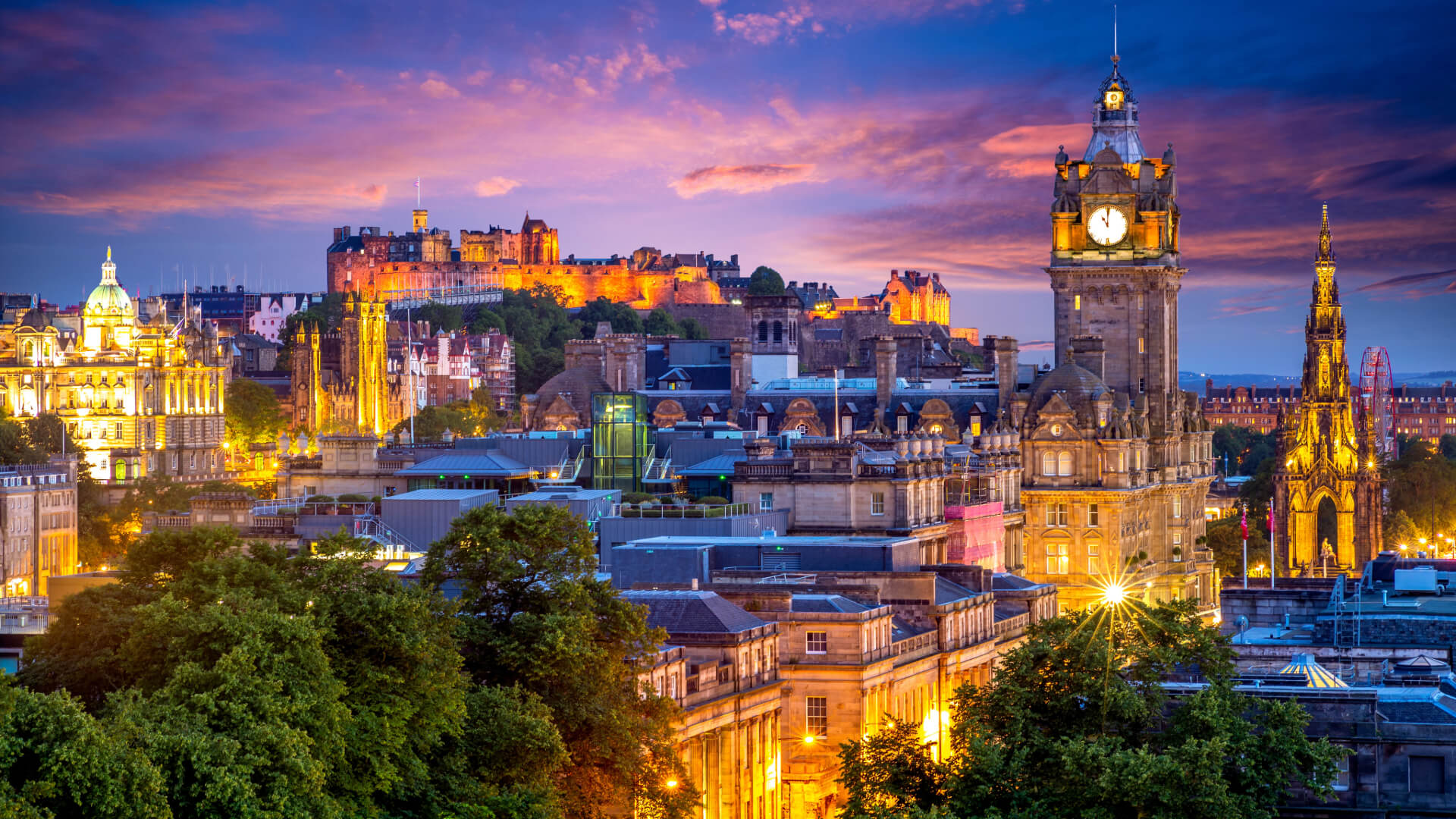Edinburgh’s Proposed 5% Tourist Tax: A Boon or Burden for Hospitality Businesses?
Posted by Emma on 8th Jan 2025 Reading Time:
Edinburgh City Council is preparing to implement a 5% tourist tax on accommodation costs, a move set to take effect in July 2026 if approved. The levy, aimed at generating up to £50 million annually, is designed to fund city improvements, benefiting residents and visitors. However, hospitality businesses are concerned about the potential strain on their trade.

The charge will apply to all types of overnight accommodation, including hotels, B&Bs, self-catering properties, and short-term rentals like Airbnb. This proposal follows the Scottish government’s decision to grant local authorities the power to impose such levies, bringing Edinburgh in line with cities across Europe that already implement similar charges.
Leon Thompson, executive director of UKHospitality Scotland, has welcomed the council’s decision to cap the rate at 5%, noting that any increase could be detrimental. However, he emphasised the need for “clear and detailed guidance” to help businesses adjust smoothly to the new system. The additional administrative burden poses a significant concern for hospitality operators, who are already navigating rising costs and staffing shortages.
The council has proposed a transition period to ease the adjustment. Bookings made after May 2025 for stays from July 2026 onwards will be subject to tax. Further measures include capping the levy to a maximum of five consecutive nights and allocating 2% of levy income for administrative support to accommodation providers.
Proponents of the tax, including Edinburgh City Council leader Jane Meagher, argue that the funds will help “manage tourism sustainably” and enhance the experience for both visitors and residents. With over 5.3 million overnight stays annually, Edinburgh’s infrastructure faces increasing strain, especially during the city’s renowned festivals.
However, critics have highlighted the city’s existing housing challenges, skyrocketing property prices and rental rates. Some fear the tax may exacerbate affordability issues for performers and visitors during peak periods, such as the Edinburgh Fringe Festival.

The tourist tax isn’t unique to Edinburgh. Manchester became the first UK city to introduce a £1 nightly charge in 2023, and Wales is considering a £1.25 per night levy starting in 2027. Across Europe, similar charges have been commonplace, with proponents citing their benefits in funding public services and managing tourism impacts.
For hospitality business owners, the proposed tax raises questions about balancing its potential benefits and practical challenges. While many acknowledge the need for sustainable tourism funding, there is apprehension that higher accommodation costs could deter visitors, especially as Edinburgh’s room rates are already among the highest in the UK during peak seasons.
As councillors prepare to vote on the proposal this month, industry stakeholders hope their concerns will be considered. Striking the right balance between generating revenue and maintaining the city’s reputation as a welcoming destination is crucial.


